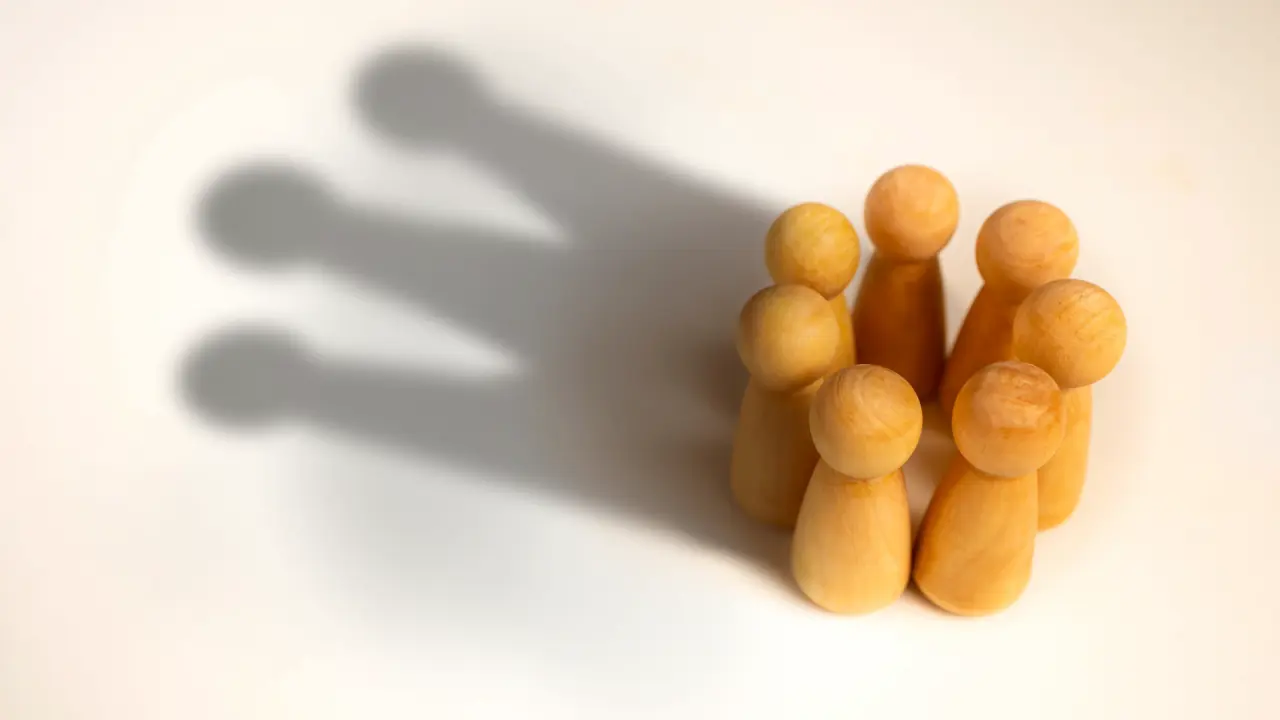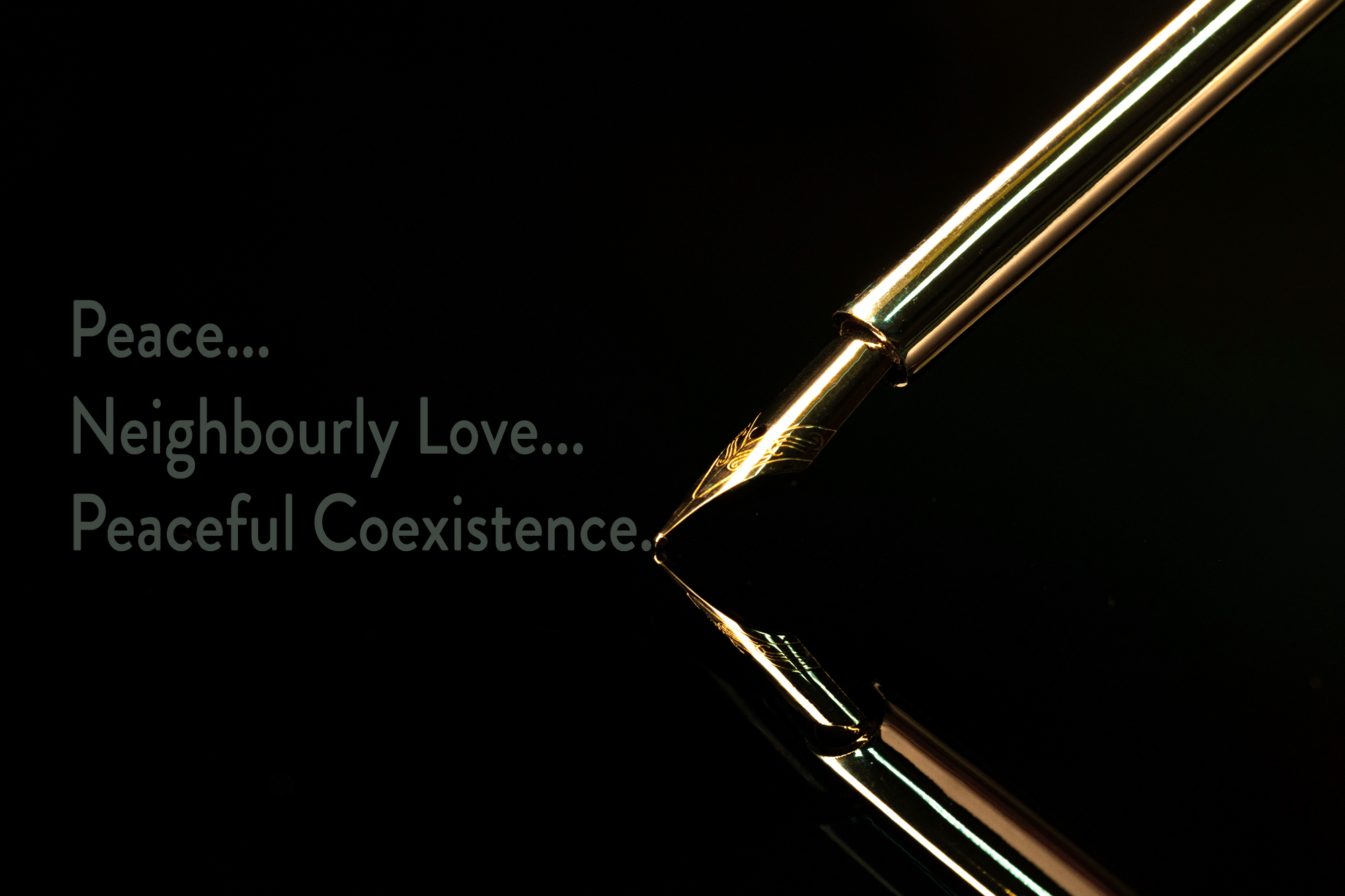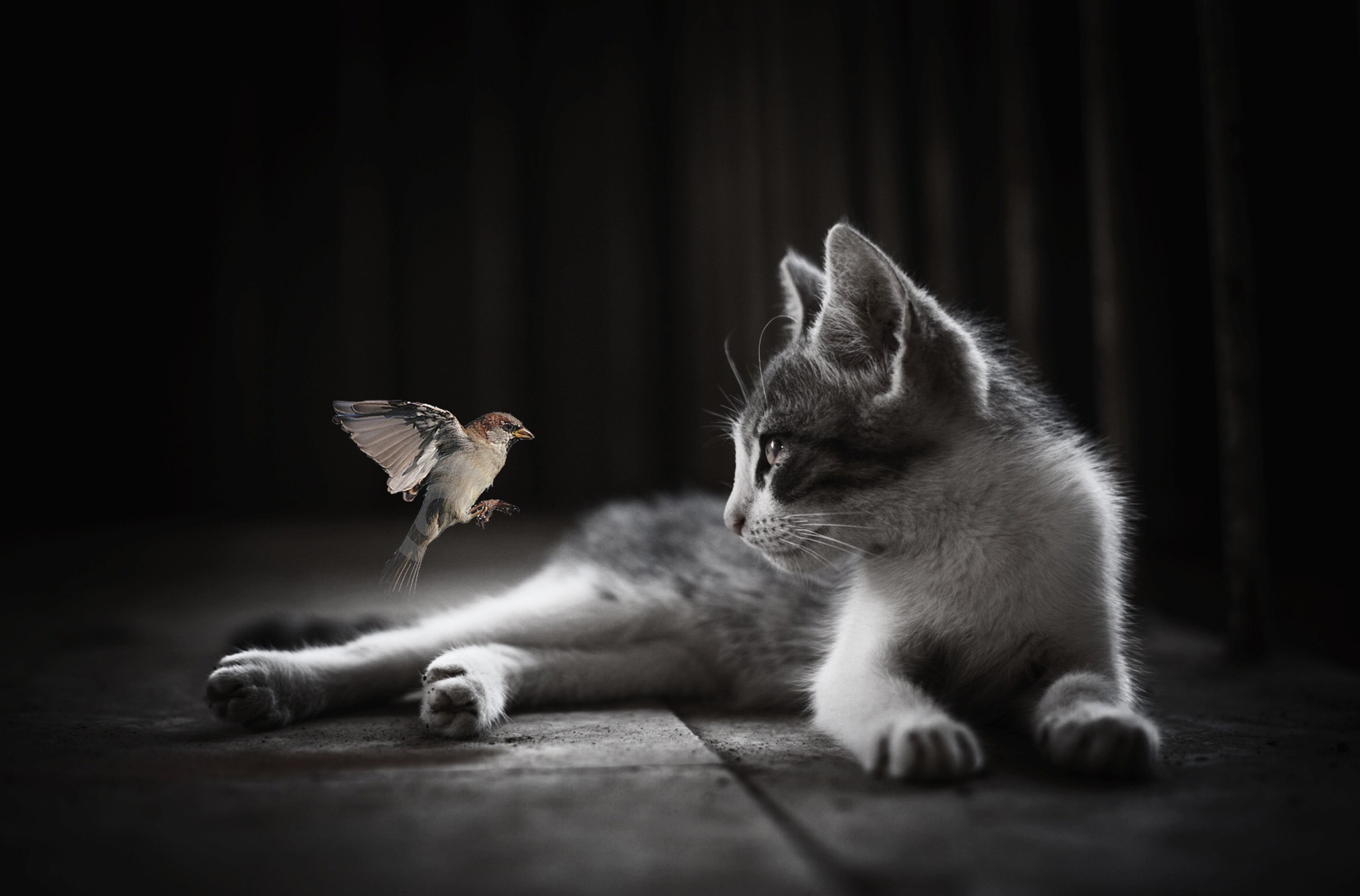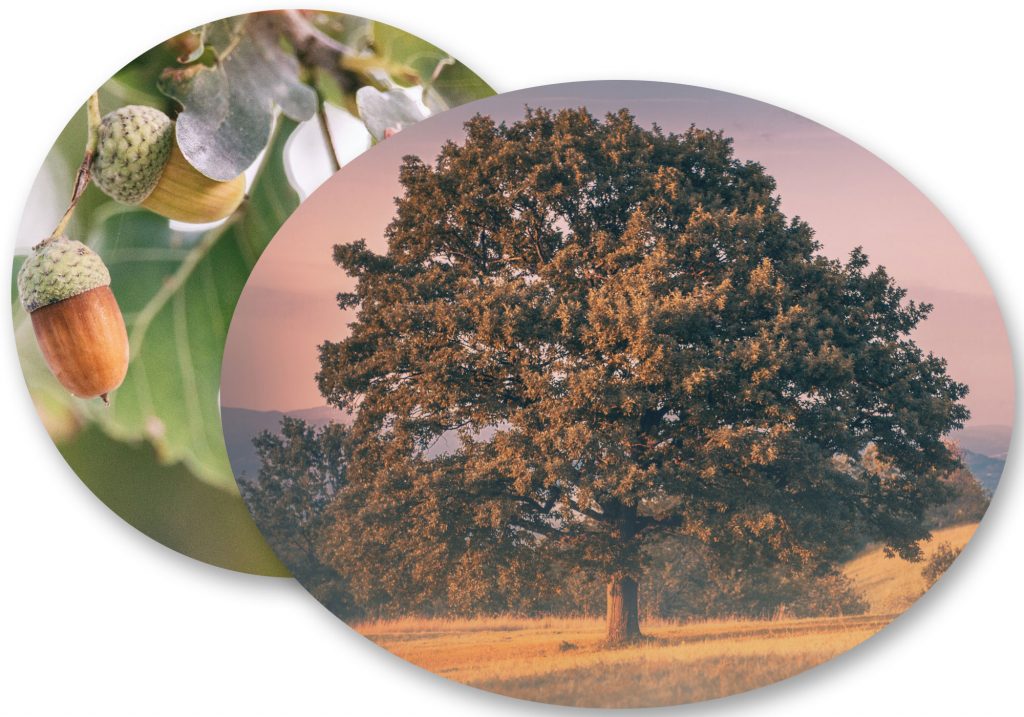
A father went for a walk with his son one day. He took the son by the hand because the son was little and he wanted him to be safe. A little while later they came to a small parapet beside the road. The son asked his father to help him get up in order to start walking along the small parapet’s top. The father helped him up and held his hand. Then his son asked him to let go of his hand so he could walk on his own.
“Well, be careful, so you don’t trip and fall and get hurt.” the father said.
The son pressed his lips together and started out, the whole time trying to focus on “not-falling”. Just a few minutes later he tripped – and fell.
His father helped him up, dried his tears and said: “Well, see, you are too small yet.”
Why this story?
It shows what happens if you warn people of the thing they are to avoid: The image in the mind especially in younger, not yet grown-up people is being created by using those words… “don’t fall” – thus an image of falling is created in the mind.
It’s been proven that such warnings can hurt us even more: They imply that we need to be taken care of; are not fit to do things.
In the case of children they need protection, of course.
What the father could have done though, would have been much more helpful, by telling his son what to do, like this:
“Ok, here goes. Choose your steps carefully, set one foot in front of the other… take your time. Focus on that wall.” And as a father of a small child, be there right beside him to make a possible fall less hard.
This is meant to show why trust and confidence are crucial and how they can help us to support others:
When the ‘chips are down’, ‘when the fat is in the fire’, when things become difficult or even dreadful, one thing is true:
You need trust and confidence most in order to overcome the troubled waters.
You need perhaps help in case you were learning still.
But after that you need the positive outlook.
Should you trip and fall, a friendly hand to get up again – and after a little rest – try again.
Actually, human beings learn walking that way!
When we face difficult situations it is certain that any warnings or lengthy discussions of mistakes being made can make it even more difficult.
It is another thing when we find ways out of the possible issues.
Sometimes, to stay in the picture, a parapet might be covered with small stones and gravel. So we would point out how to deal with that.
Sometimes we would face a completely different parapet from those we encountered before. And we might try – as a team or group – to figure out good ways to walk it.
But just warning people implies they might not have strength or abilities enough to do the right thing in a given situation.
Here also tolerance can come in: Tolerating that other people may act or react differently from ourselves is not a reason for mistrust.
It should just be a reminder that there are “many roads that lead to Rome”.




